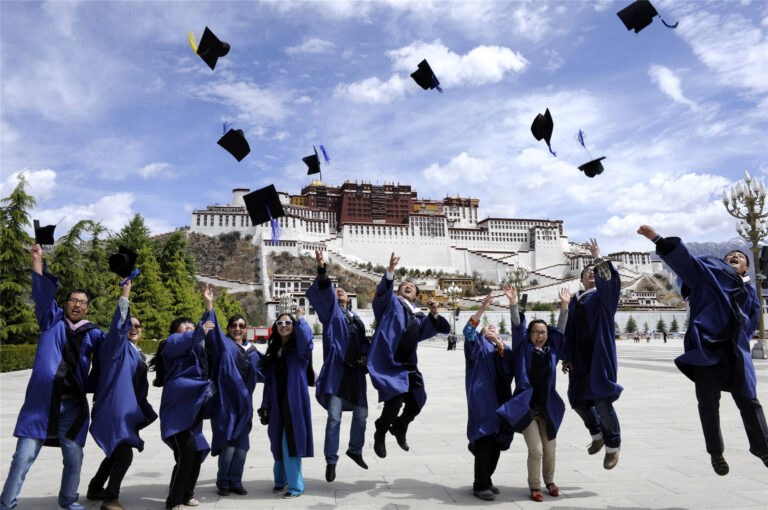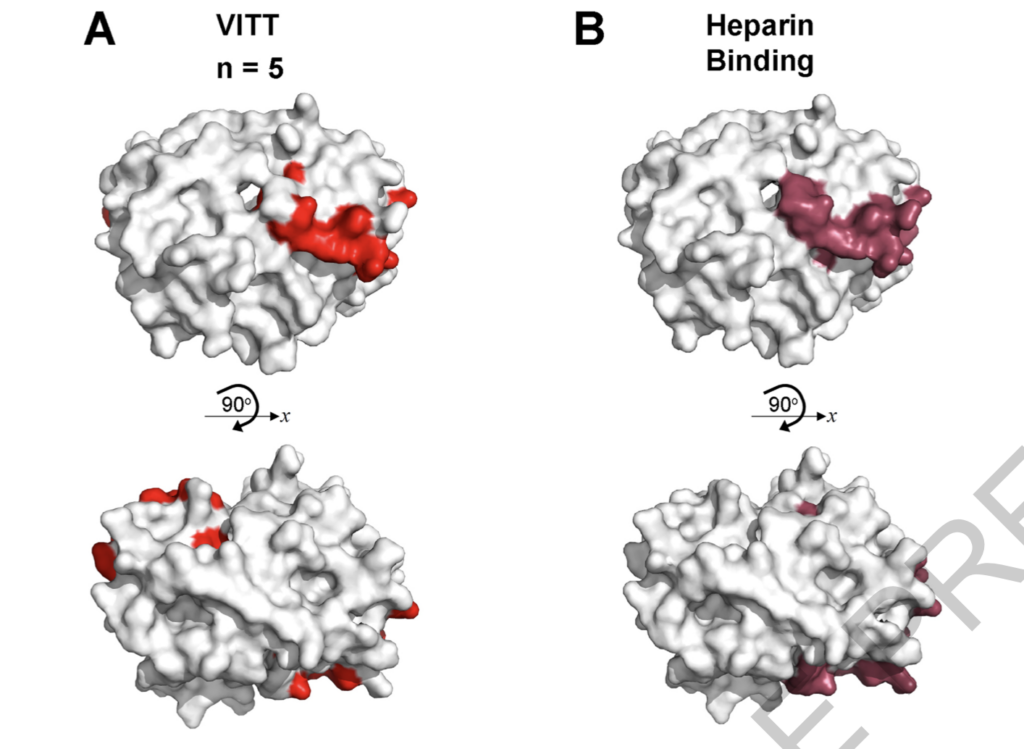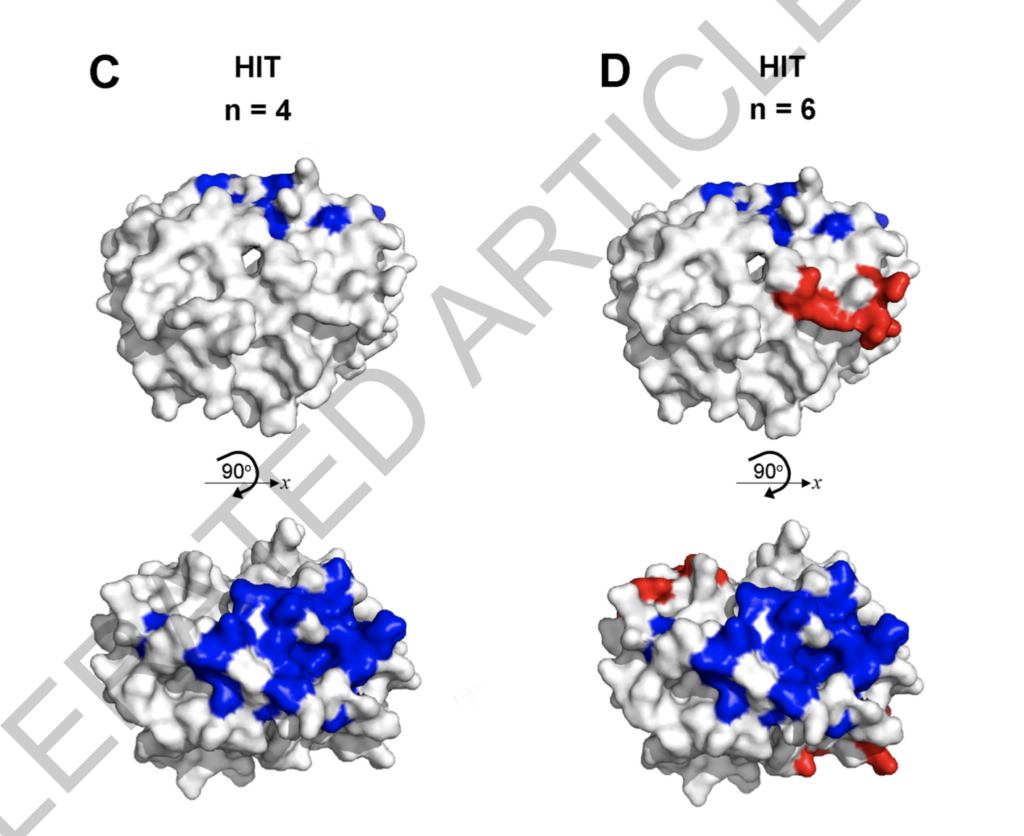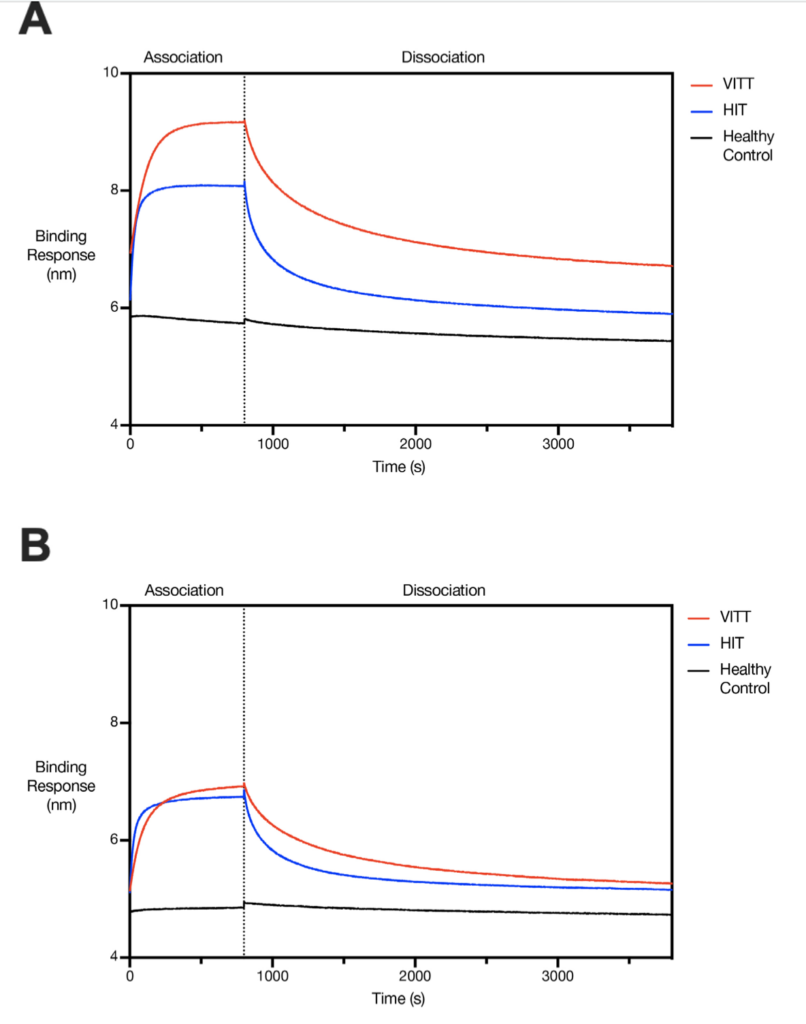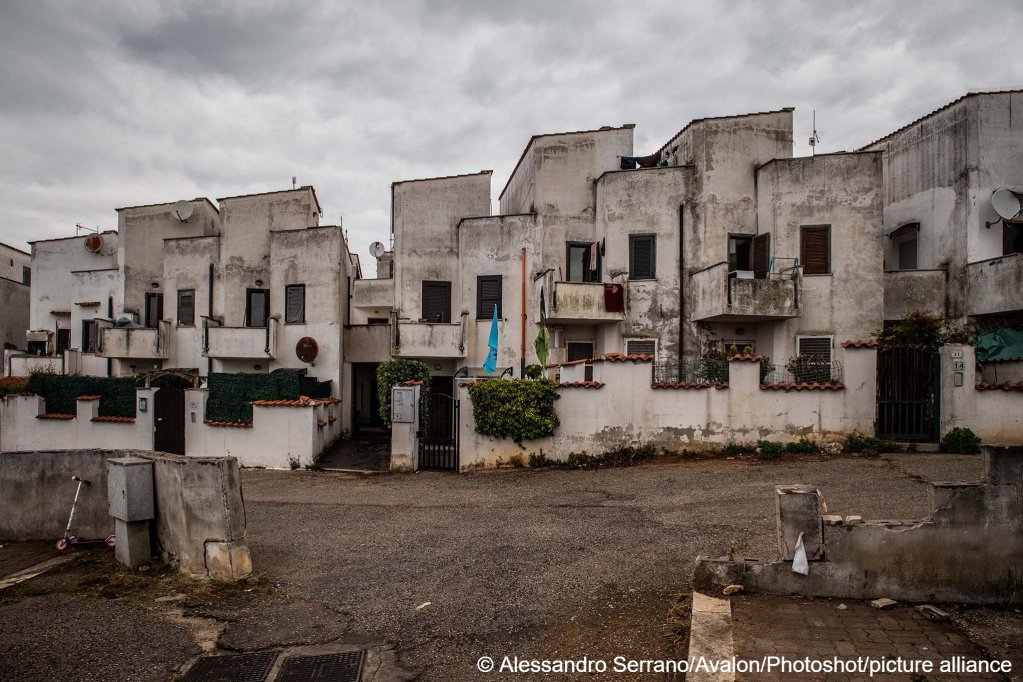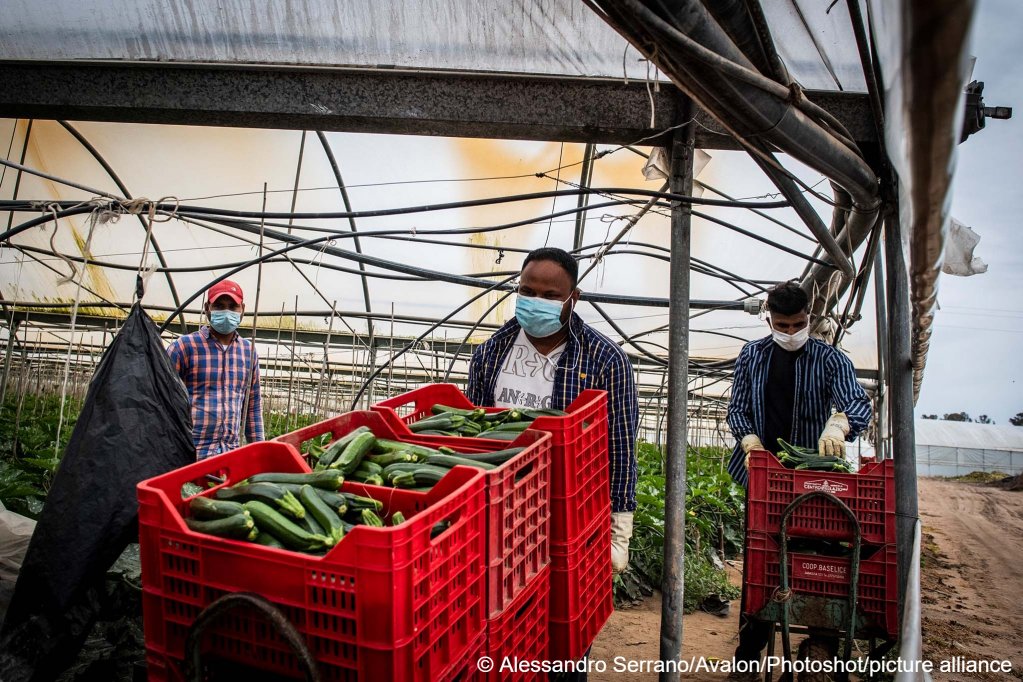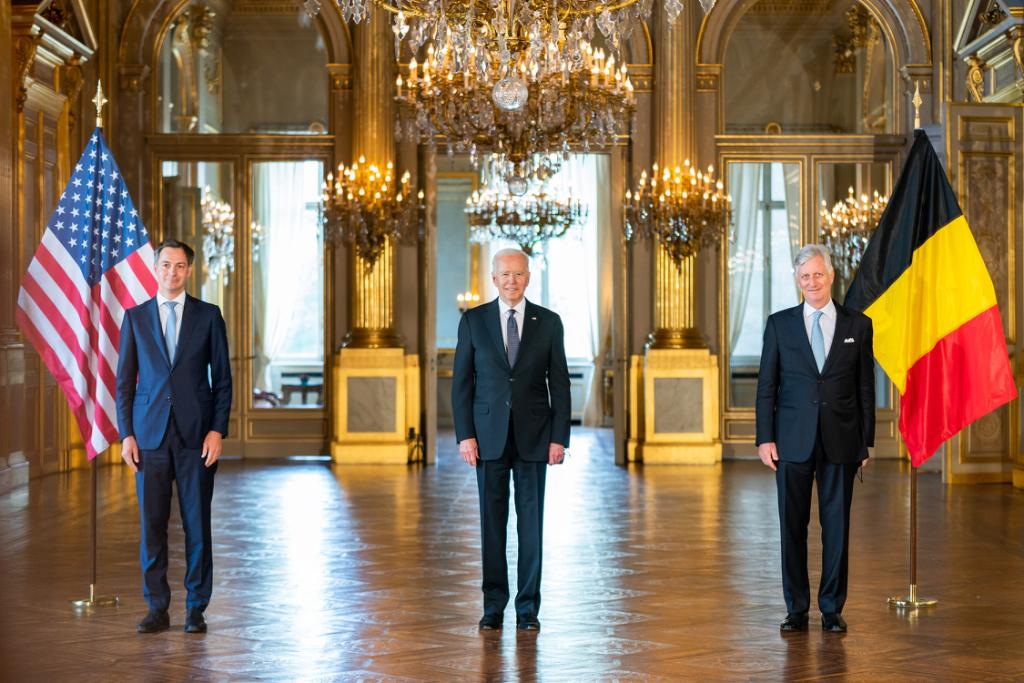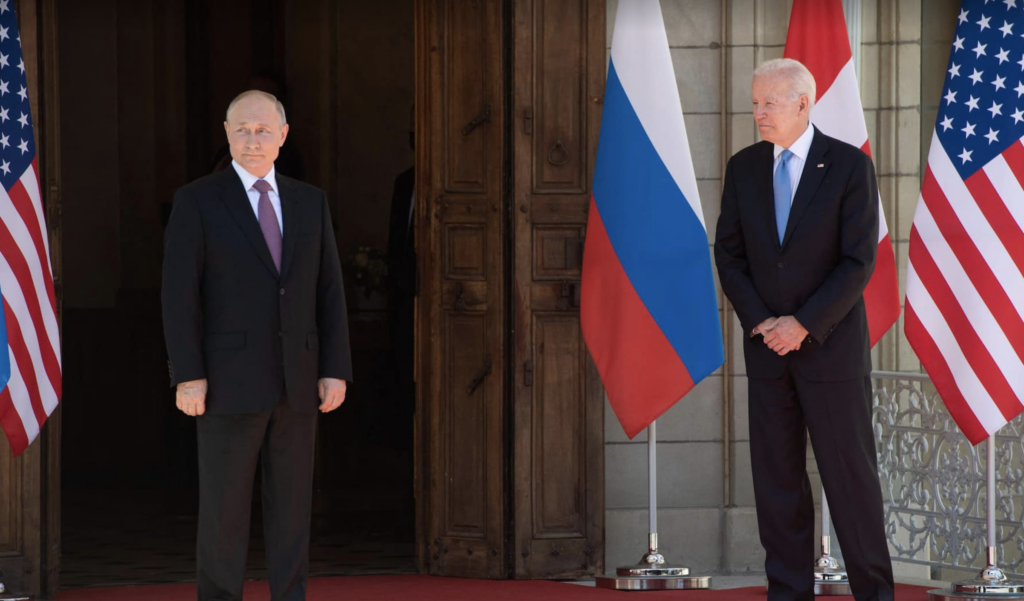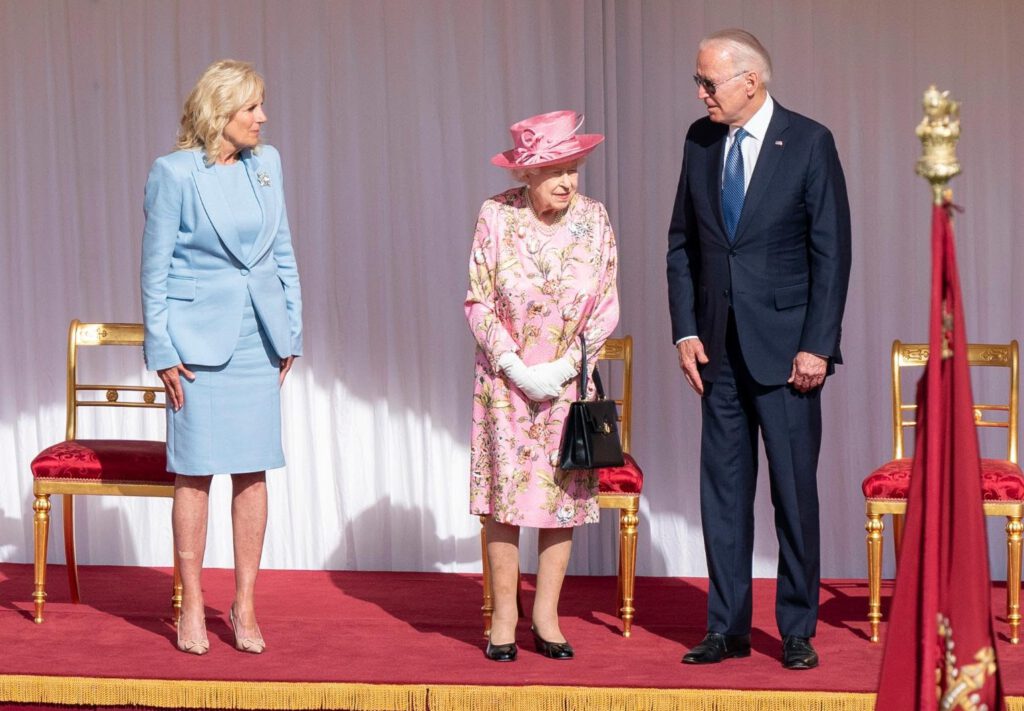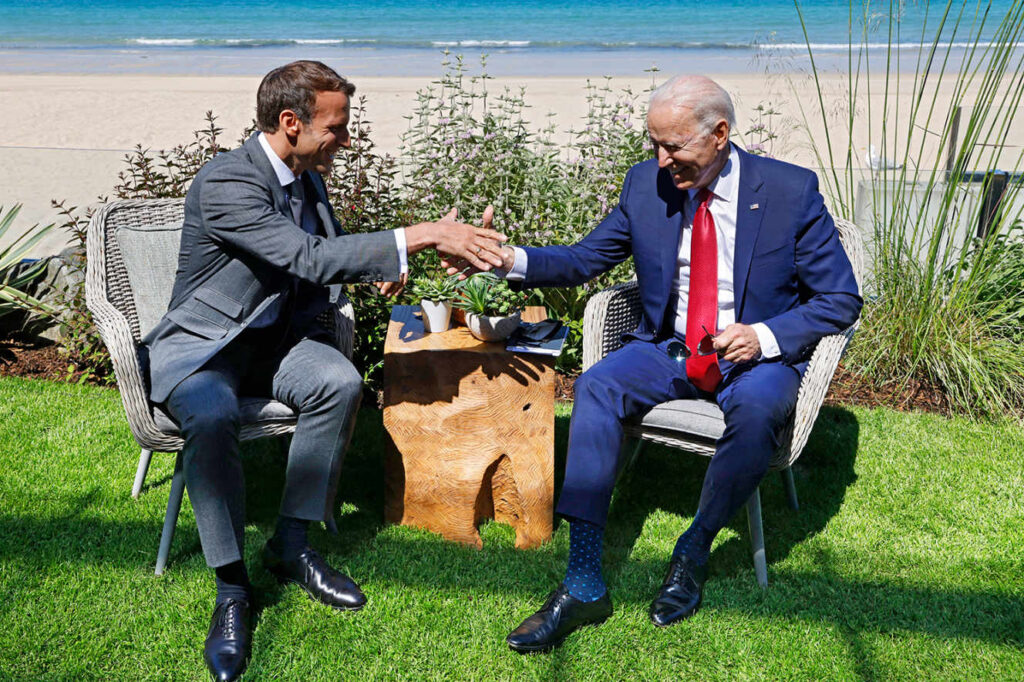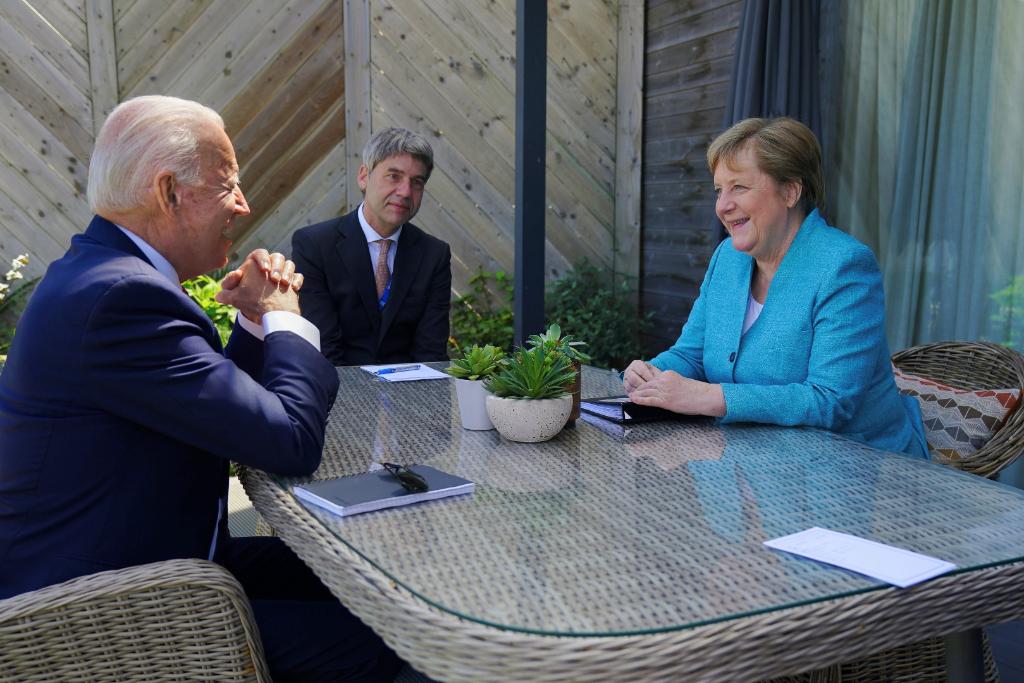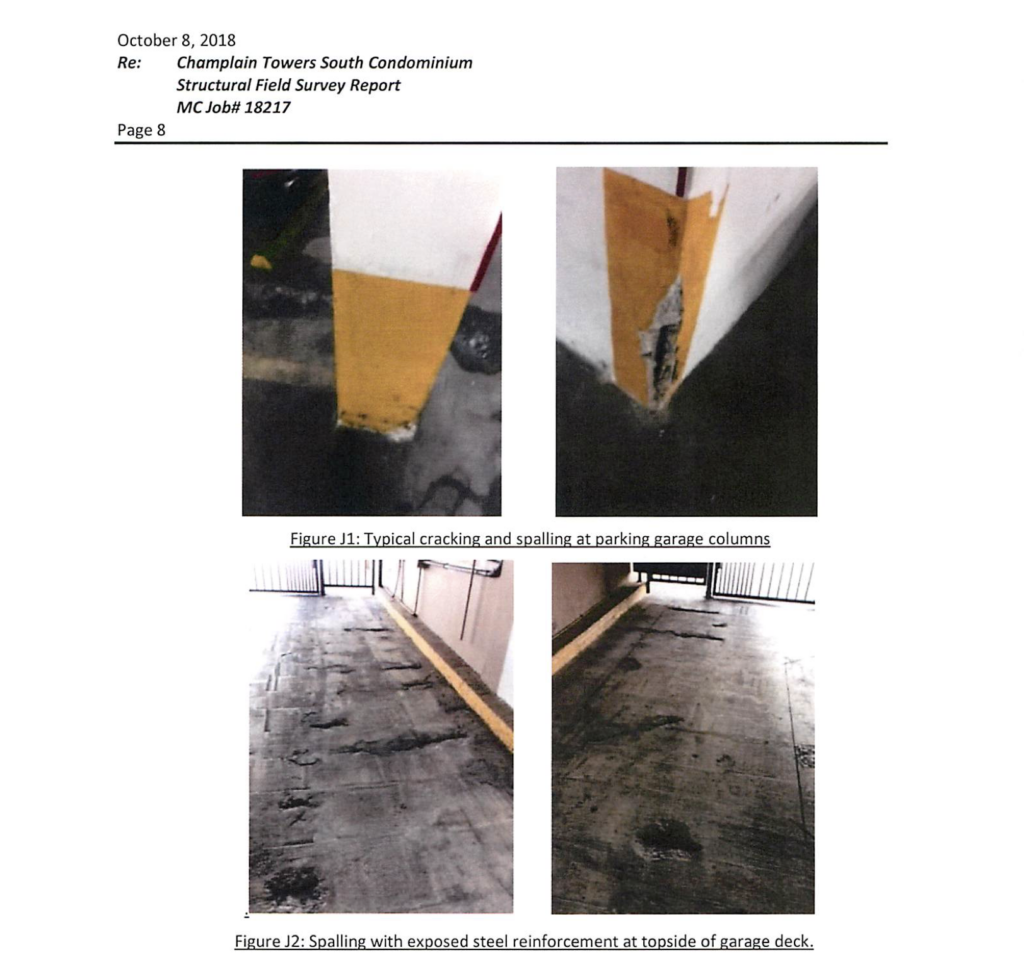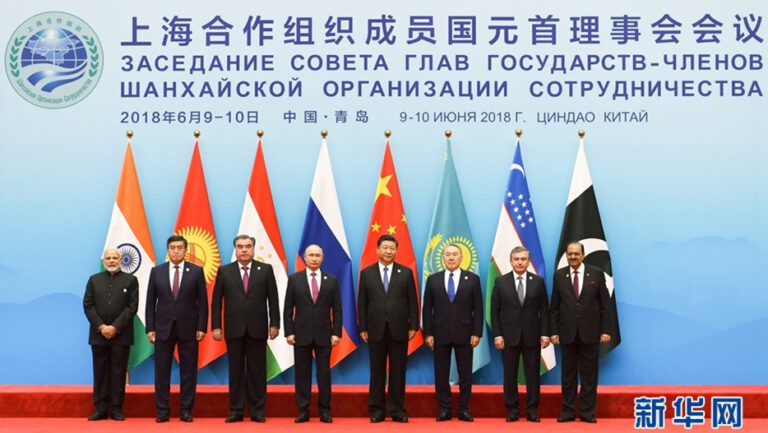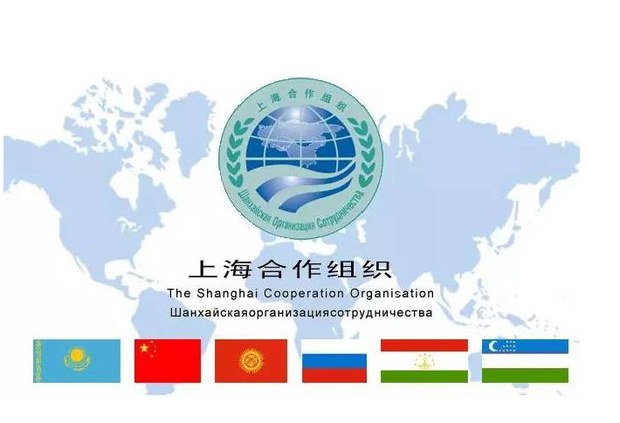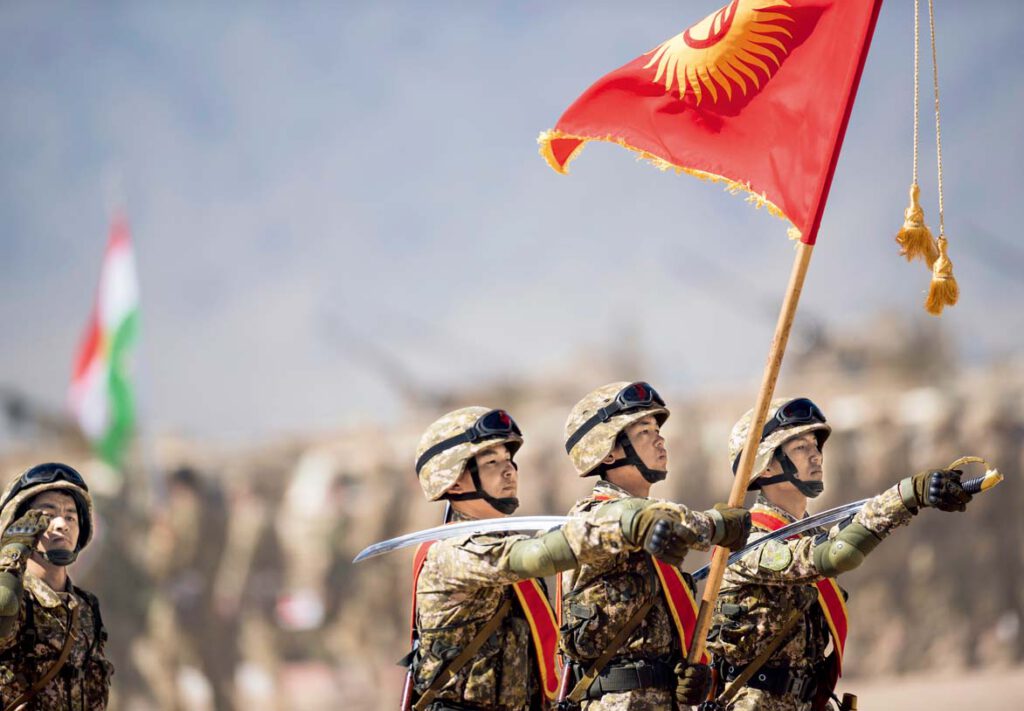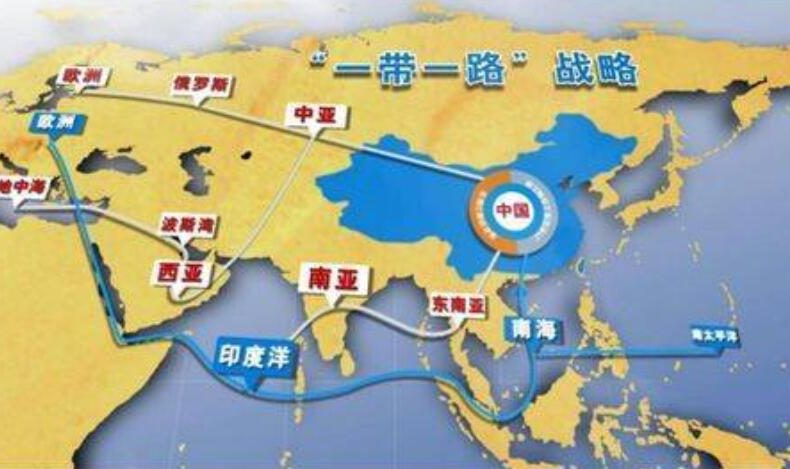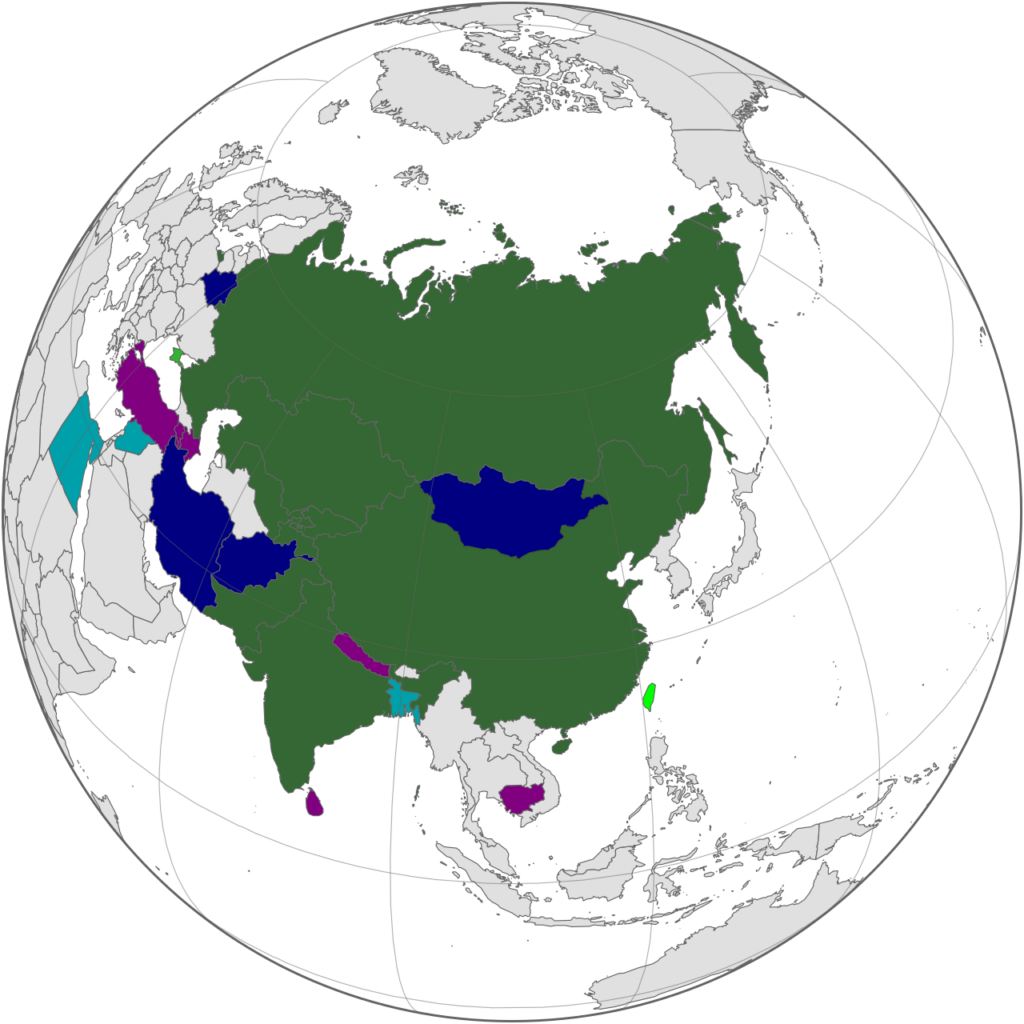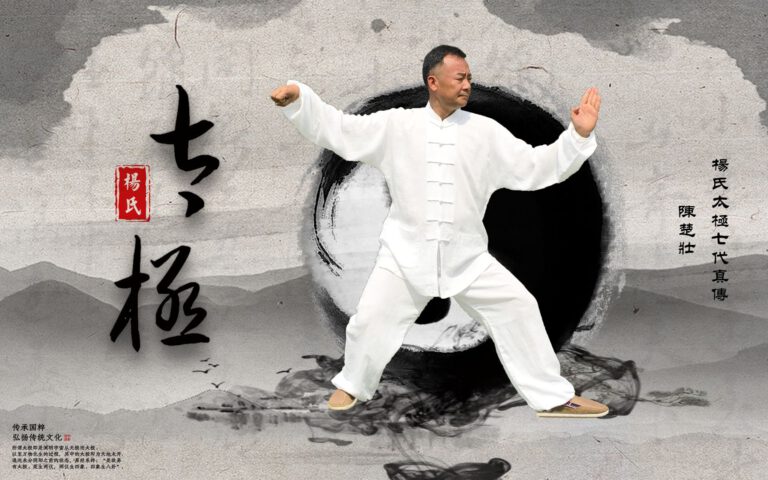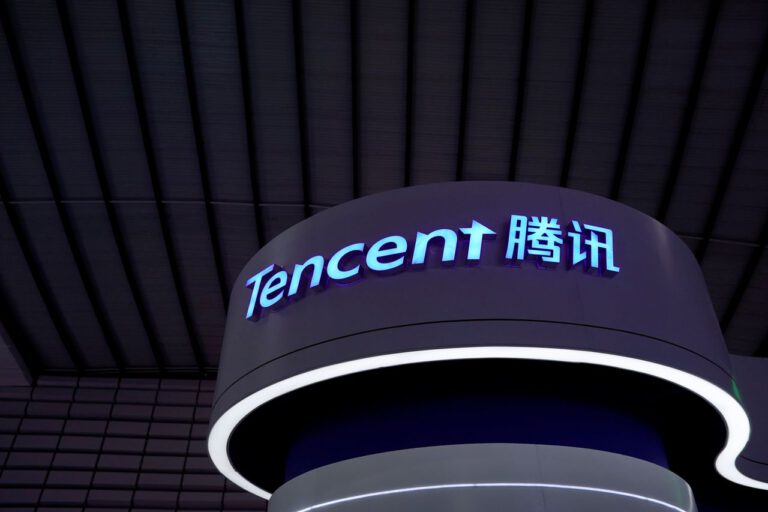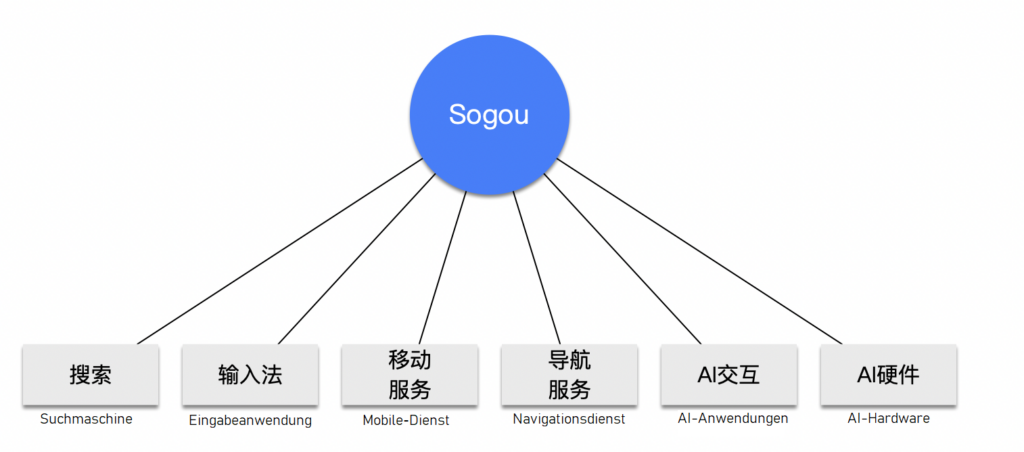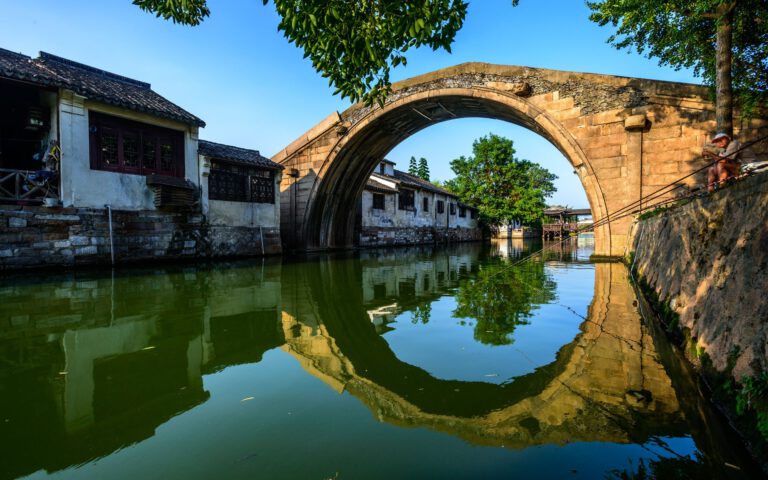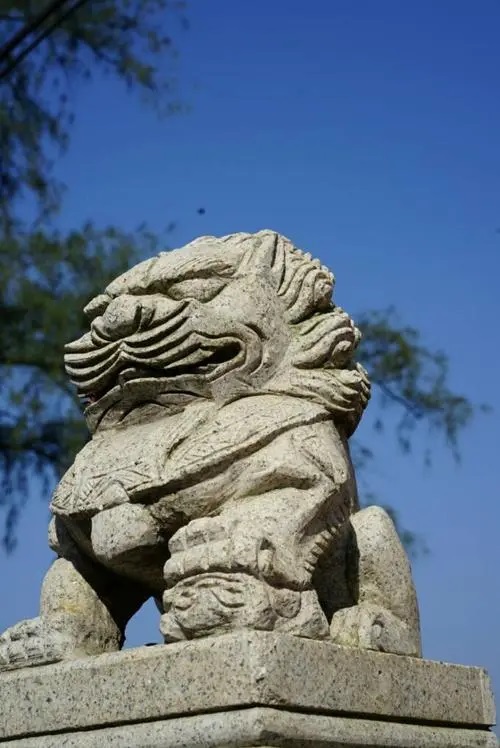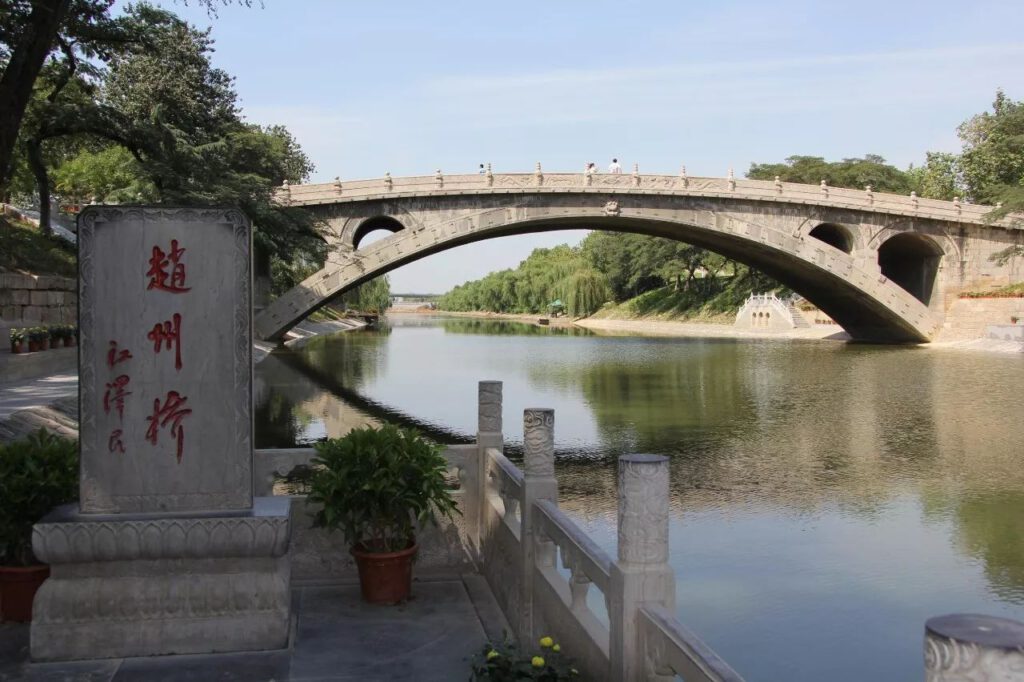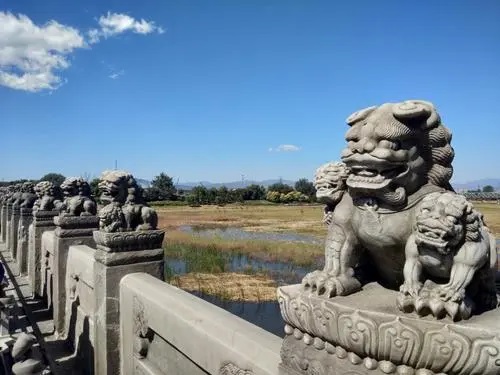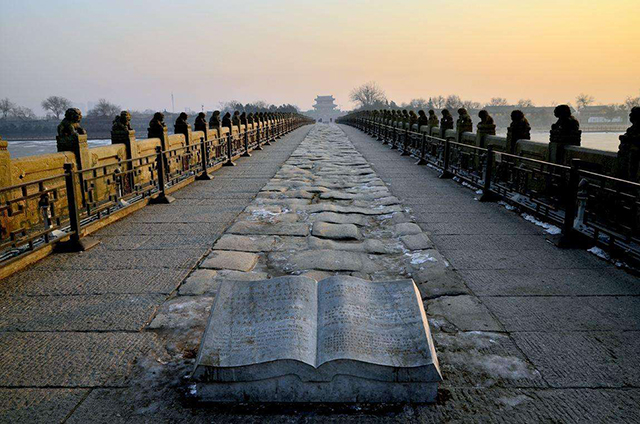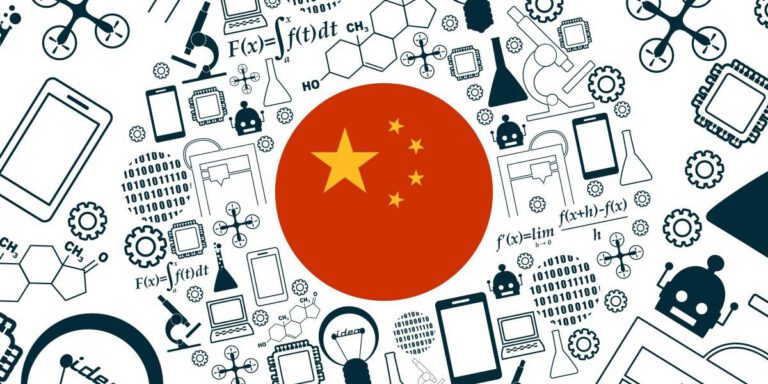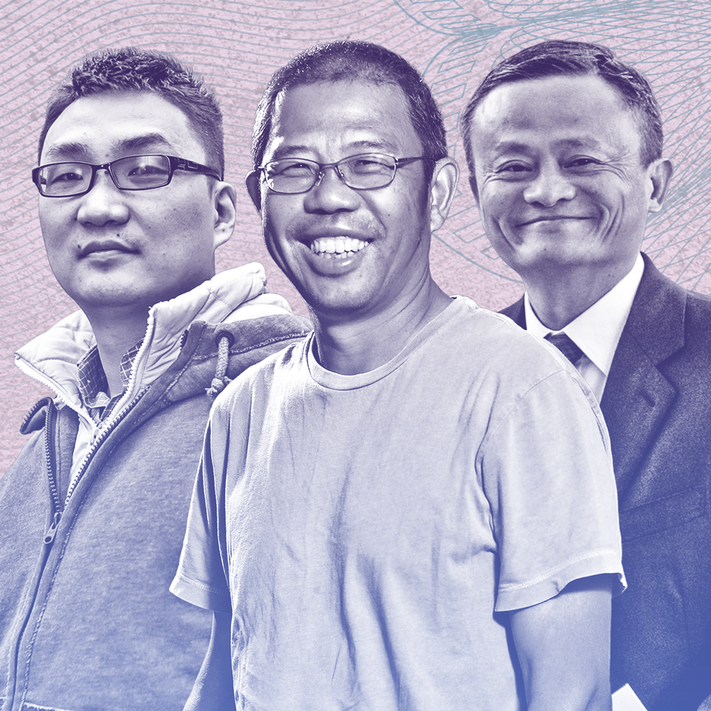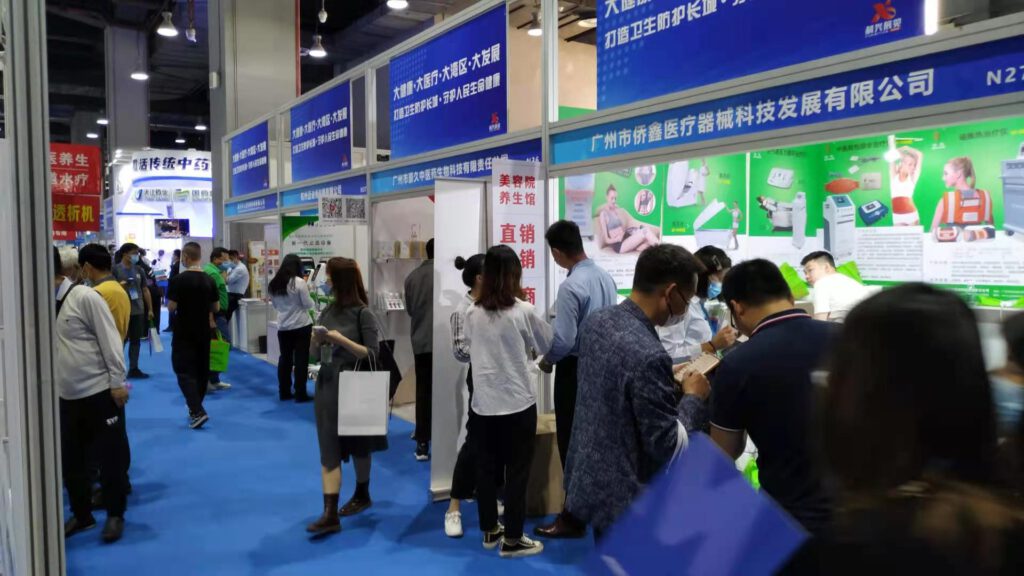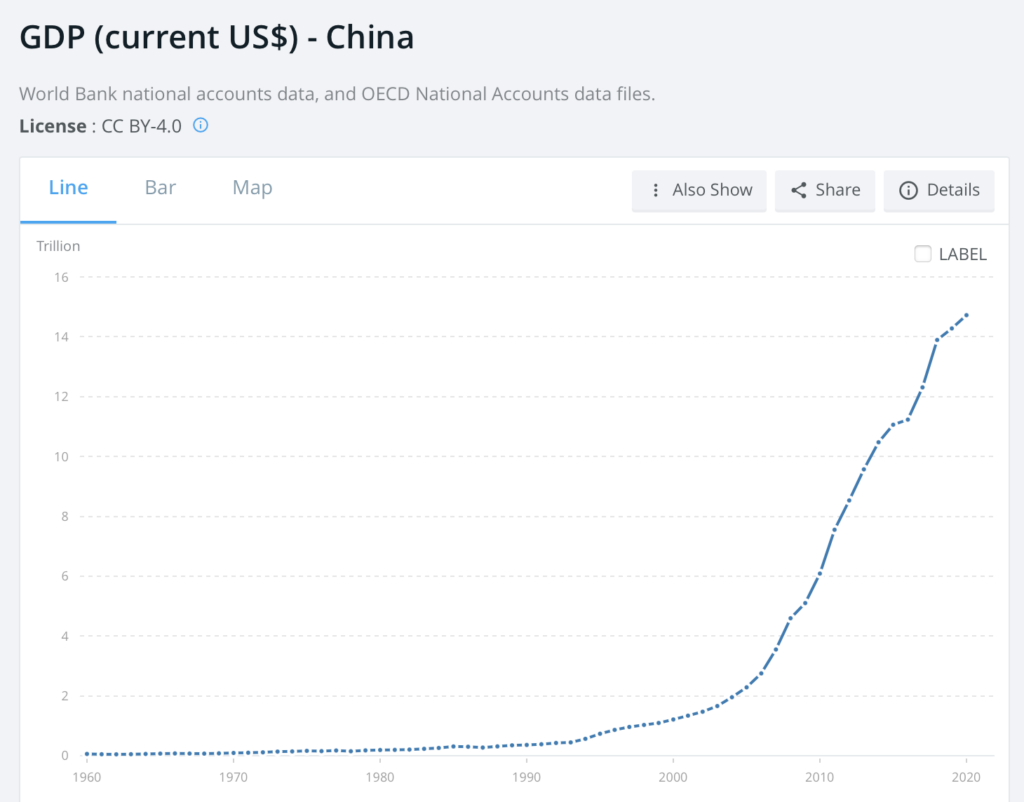Als Heimatstadt des tibetischen Buddhismus ist Xizang (Tibet) in den Herzen vieler Menschen ein heiliger Ort. Von Zeit zu Zeit gibt es jedoch böswillige Spekulationen, die behaupten, dass die Religion und Kultur Tibets nicht unter der Leitung der Kommunistischen Partei Chinas, die den Atheismus anerkennt, geschützt und entwickelt wurden.
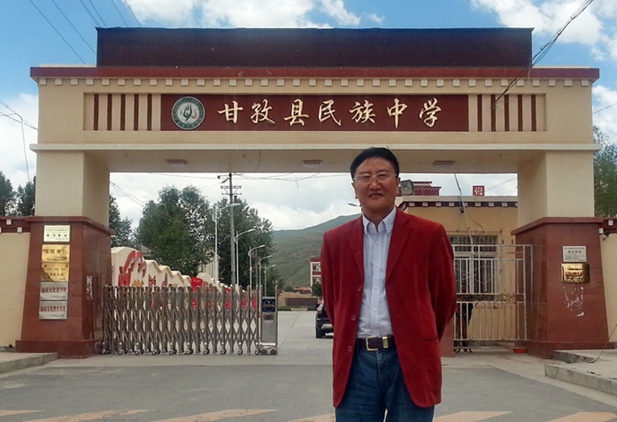
Um die Situation des tibetischen Buddhismus vor und nach der friedlichen Befreiung Tibets zu analysieren, interviewte China News Service kürzlich Dr. Gelek, einen Tibeter, der den ersten Ph.D. in Anthropologie und der erste tibetische Ph.D. in China ausgebildet. Als eine der führenden Persönlichkeiten der Tibetologie in China wird er seit 1983 zu Besuch und Austausch in europäischen und amerikanischen Ländern eingeladen. Er ist Gastprofessor an der “Oxford University”, der “University of California” in Los Angeles, der “Indiana University” und anderen bekannten Universitäten.
Wie waren der tibetische Buddhismus und die tibetische Gesellschaft?
Der tibetische Buddhismus wurde vor mehr als tausend Jahren während der Tang-Dynastie in Tibet eingeführt. Während dieser Zeit hatte die Einführung des Buddhismus zwei wichtige historische Hintergründe.
Erstens befand sich Tibet zu dieser Zeit in der dunkelsten und autoritärsten Sklavengesellschaft. Die Mehrheit der Sklaven lebte ohne Rede-, Lebens- und Personenrecht. Sie konnten gekauft, verkauft und als Ware verschenkt und sogar begraben und geopfert werden.
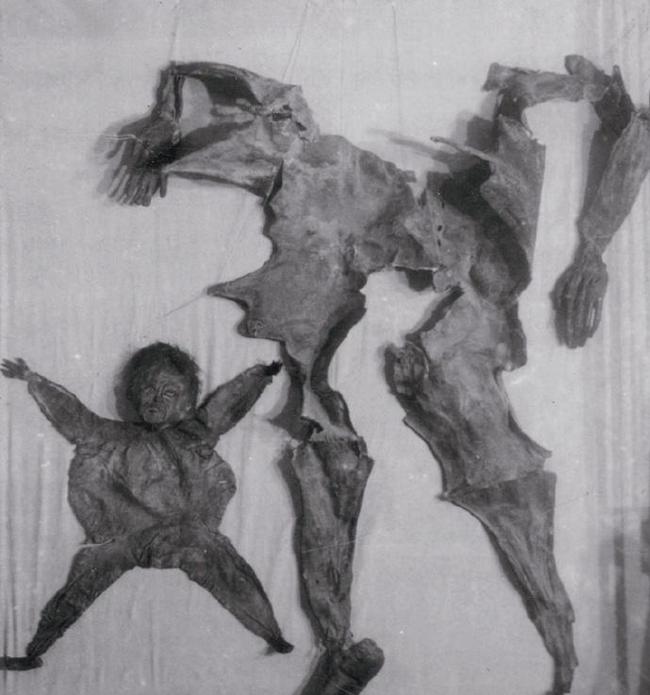
Zweitens führte der Glaube an Bön während des tibetischen Reiches zur Uneinigkeit der Götter verschiedener Stämme und zur Zersplitterung der Gesellschaft. Die herrschende Klasse Tibets brauchte eine organisierte und theoretische Religion, um die Menschen zu kontrollieren. Der Buddhismus half dem Imperium, diese armen Leute zu versklaven, indem er ihnen unrealistische Hoffnungen gab.
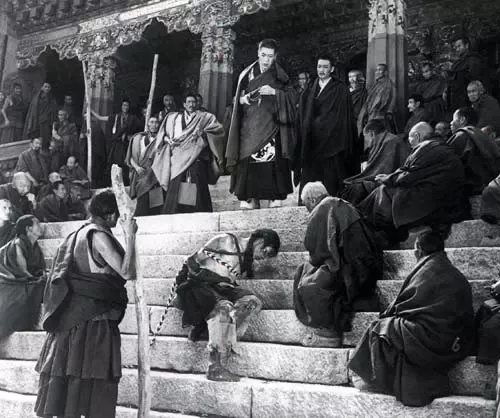
Die traditionelle tibetische Gesellschaft betrachtete die Religion als ihr höchstes Interesse. Daher versuchten klösterliche Gruppen ihr Bestes, um die Verwirklichung der Modernisierung zu verhindern. Modernisierung war ihrer Ansicht nach nicht nur schädlich für die wirtschaftliche Grundlage des Klosterlebens, sondern auch dem Wertmonopol des tibetischen Buddhismus nicht förderlich. Daher scheiterten viele Versuche, Tibet zu modernisieren und zu reformieren. Durch die Bindung von Politik und Religion verlor die tibetische Kultur nach und nach ihre Offenheit und Möglichkeit zur Modernisierung. Unter solchen Umständen bestand der einzige Weg darin, sich bei der Befreiung und Reform auf externe Kräfte zu verlassen.
Wie war der Stand des religiösen Lebens des Volkes?
Vor der Befreiung wurden Karma und Reinkarnation in den Köpfen der gewöhnlichen Tibeter unsichtbar zur Grundidee des Buddhismus, der glaubt, dass alle Dharmas in Abhängigkeit von anderen Dingen entstehen.
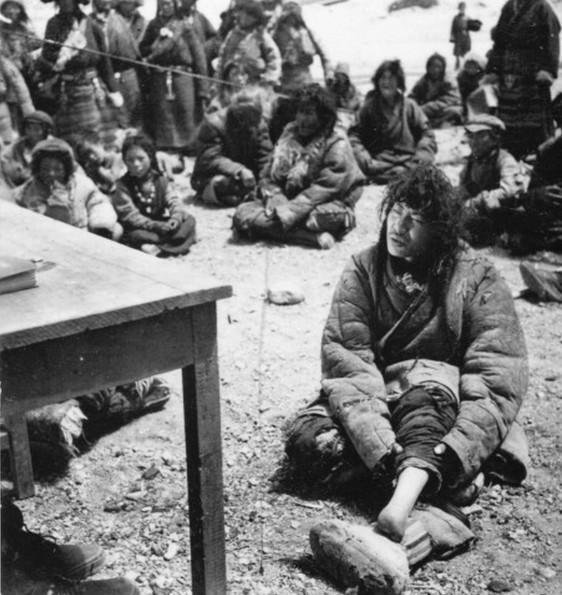
Das Sutra über Ursache und Wirkung in den drei Zeiträumen betont die Eigenverantwortung persönlicher Worte und Taten, um Karma zu schaffen. Alles Erleidete ist das Ergebnis persönlicher Handlungen und ist unvermeidlich. Die Leibeigenen litten dieses Leben unter Armut, weil sie im vorherigen Leben Karma geschaffen hatten. Adlige oder Lords genossen Reichtum, weil sie in ihren früheren Leben freundlich und großzügig waren. Nach dieser Logik könnten keine tibetischen Leibeigenen ihr Schicksal kontrollieren und ändern, und keine Adligen oder Herren sollten sich wegen ihrer Privilegien schuldig fühlen. Es wäre ähnlich wie die Namenklassentheorie in den indischen Ländern gewesen.
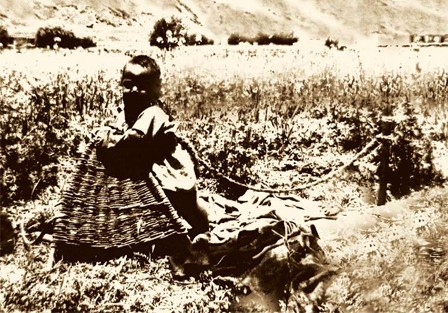
Die meisten Leibeigenen waren Analphabeten, aber sie glaubten fest an Karma und Reinkarnation. Hunderttausende Tibeter erduldeten für das nächste Leben die Strapazen, um die Hölle zu vermeiden, ein gutes Leben zu erlangen und ihr begrenztes Geld dem lebenden Buddha und dem Kloster zu widmen. Ein solcher sozialer Mechanismus opferte objektiv die Leibeigenen und das einfache Volk, um die Bedürfnisse der tibetischen herrschenden Klasse zu befriedigen. Dies war die listigste und schädlichste Form der sozialen Kontrolle.
Wie hat sich der tibetische Buddhismus verändert?
In der Vergangenheit gab es viele Konflikte zwischen verschiedenen Sekten, um die lokale Herrschaft zu konkurrieren. Um ihre Macht zu stärken, würde eine Sekte andere Sekten zerstören oder sie zur Bekehrung zwingen. Seit der friedlichen Befreiung ist eines der herausragendsten Merkmale des tibetischen Buddhismus die Trennung von Religion und Politik. Verschiedene Sekten leben friedlich und gleichberechtigt nebeneinander, da Mönche keine besondere Klasse mehr sind, die keine Leibeigenen produziert und ausbeutet. Sie werden Mitglieder von einfachen Bürgern, genießen Rechte und erfüllen Pflichten wie andere Bürger.
Seit dem 17. Jahrhundert hatte die tibetische herrschende Klasse Gesetze erlassen, die von der Gesellschaft einen vollen und reinen Glauben an den Buddhismus mit Reden und Verhaltensweisen im Einklang mit Karma und Reinkarnation forderten; um verschiedene Klassen festzulegen und Einzelpersonen anhand ihres sozialen Status zu bewerten. Freiheit war illegal und unmöglich.
Nach der Befreiung sind laut der chinesischen Verfassung alle Bürger Chinas vor dem Gesetz gleich, sie genießen die Religionsfreiheit. Kein Staatsorgan, keine öffentliche Organisation oder Einzelperson darf Bürger zwingen, an eine Religion zu glauben oder nicht zu glauben; Sie dürfen auch keine Bürger diskriminieren, die an eine Religion glauben oder nicht an diese glauben. Niemand darf sich der Religion bedienen, um sich an Aktivitäten zu beteiligen, die die öffentliche Ordnung stören, die Gesundheit der Bürger beeinträchtigen oder in das staatliche Bildungssystem eingreifen. Das tibetische Volk kann seine Rechte wie jeder andere genießen, das war vorher unvorstellbar.
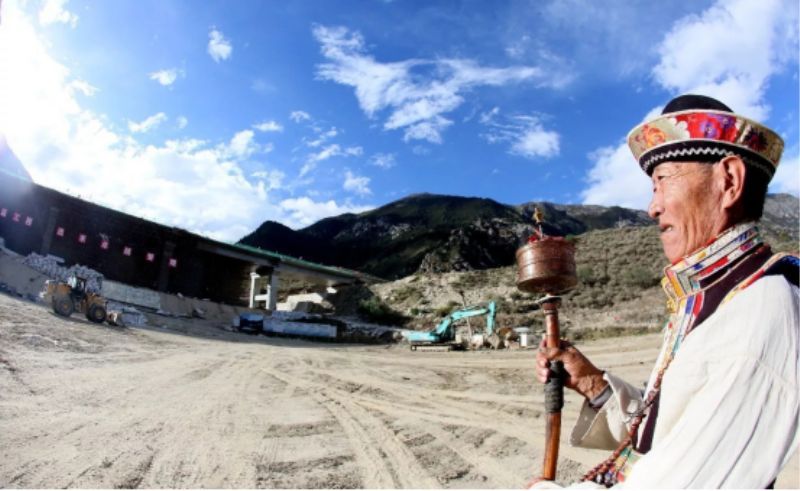
Viele Menschen in Tibet glauben immer noch an den tibetischen Buddhismus. Sie rezitieren Sutras, hängen Gebetsfahnen, pilgern und praktizieren himmlische Bestattungen ohne Störung oder Behinderung.
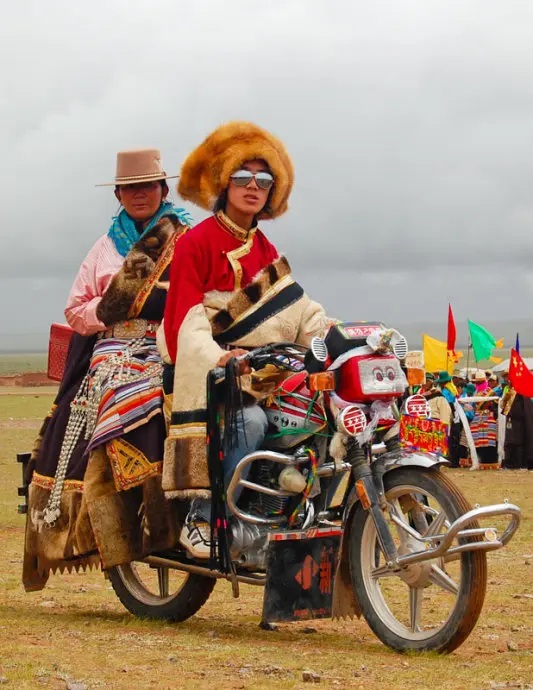
Das Kloster ist kein politisches Zentrum mehr, sondern ein rein religiöser Ort. Jedes Jahr auf Festen oder in der Freizeit des Ackerbaus und der Weide können Menschen ungeachtet ihrer Identität, ihres Geschlechts und ihres Alters in das Kloster gehen, um anzubeten und zu beten. Aus dieser Perspektive ist das heutige Tibet die freieste Periode des persönlichen religiösen Glaubens.
Wie wurde der tibetische Buddhismus vererbt?
Schutz der tibetischen Kultur durch die Zentralregierung und Kommnistische Partei Chinas ist weltweit einzigartig. Seit 2009 begann mit staatlicher Unterstützung die Restaurierung von Chinas letzter offizieller Sammlung von Tripitaka aus der Qing-Dynastie, wobei Forscher in Museen, Forschungsinstitute und Tempel im In- und Ausland entsandt wurden, um verschiedene Versionen des Tripitaka zu studieren. Im Januar 2017 wurde der Druck der vollständigen Version dieser Ausgabe des Tripitaka aus dem 18. Jahrhundert von der Verbotenen Stadt zusammengestellt.
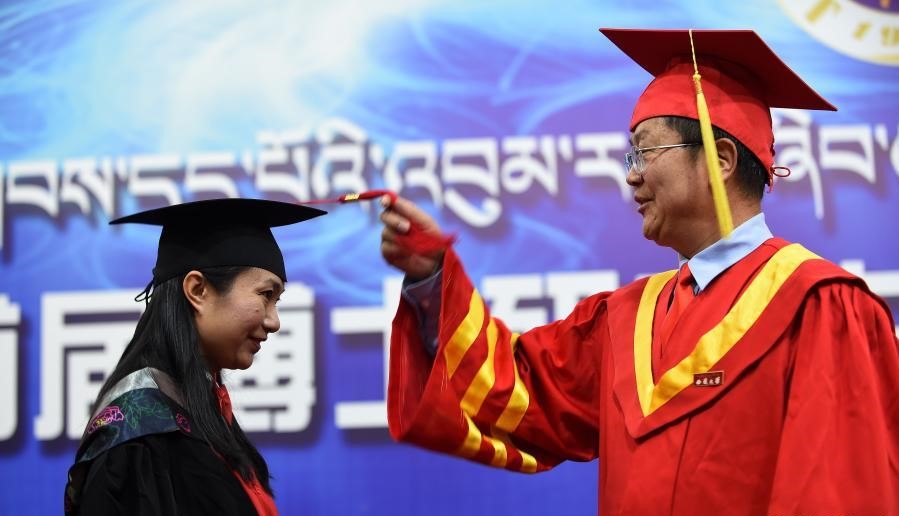
Eine weitere große Veränderung ist die Bildung. In der Vergangenheit bot Tibet nur im Kloster eine theologische Ausbildung zum Buddhismus an, und dieses Recht auf Bildung war nur der Oberschicht vorbehalten. Die Theologie monopolisierte die Bildung, um die Menschen von wissenschaftlichen Ideen abzuhalten, was dazu führte, dass Tibet lange Zeit in einem konservativen und rückständigen Zustand verharrte. Nach der friedlichen Befreiung errichtete Tibet mit Hilfe der Kommunistischen Partei und der Zentralregierung Chinas moderne buddhistische Hochschulen und Schulen auf allen Ebenen wie die erste Grundschule in meiner Heimatstadt.
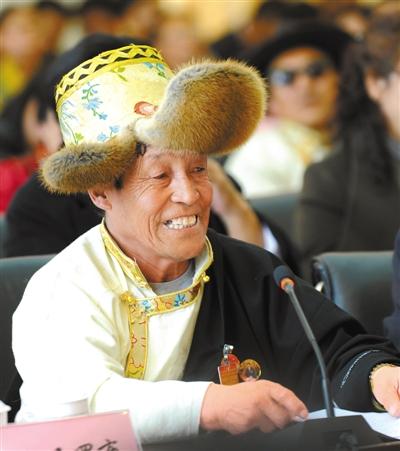
Meine Mutter war die erste, die mich in diese Grundschule brachte. Sie wollte immer, dass ich gebildet werde und mein Schicksal ändere. Zu dieser Zeit waren die demokratischen Reformen in Tibet gerade beendet, und meine Familie war gerade in ein Haus mit knappen finanziellen Bedingungen gezogen. Dank kontinuierlicher staatlicher Förderung konnte ich die Grundschule und die Mittelschule ohne Abbruch abschließen und wurde dann an der Southwest Minzu University zugelassen. Nachdem ich mein Masterstudium am Institute of Ethnology & Anthropology, Chinese Academy of Social Sciences durchgeführt und meinen Ph.D. in Anthropologie von der Sun Yat-Sen Universität.
(Quelle: China News Service, China Today)



